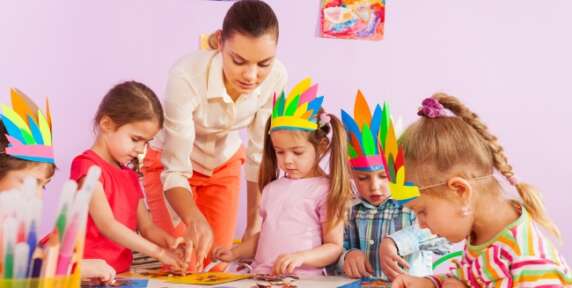About EtonHouse
Our Story
EtonHouse believes that children should take ownership of their learning. When children are happy and engaged, learning happens naturally and spontaneously. Open-mindedness, critical thinking skills, and a life-long love for learning are just as essential as acquiring knowledge.
This thinking was the motivation behind our inquiry-based pedagogy that revolutionised the early years approach 25 years ago. Today, we continue to be a leader in education providing a through train education pathway from Playgroup to High School in Bahrain and in 11 other countries.
The group headquartered in Singapore has a significant presence in China. There are a total of 120 international schools in 12 countries, including 10 International Baccalaureate (IB) schools.

OUR MISSION AND VISION
- Vision: Shaping the future through education
- Mission: Developing confident and capable global citizens
Our mission as a community of educators is to empower your child to become a curious and engaged life-long learner, and a confident and capable global citizen.
As an international school group, we want to lead rather than follow education systems that skew towards grades and tests. Our vision is to help shape the future through holistic programmes that integrate inter and intra-personal development, skills, and academia.
The EtonHouse Difference
A Community of Learners
Trusted Establishment
Multiple Locations
Internationally Recognized Programs
Excellent Bilingual Programme
What We Offer
Why Kids & Their Parent Choose Us
MEET OUR TEACHERS
Qualified Teachers
We strive to work together to build and maintain trusting and respectful relationships with both children and families.


FATIMA ALMAHFOODH


VENITA ROUX


SHANTE HORN


GLORIA REY
OUR values
Our Principles
At EtonHouse, we are guided by our Values and Principles. Our Values and Principles are quite literally at the heart of our organization’s ethos and culture, and identify how each member of EtonHouse’ family contributes to the whole.
- Honesty & Respect
- Accountability & Teamwork
- Inclusiveness & Enjoyment
